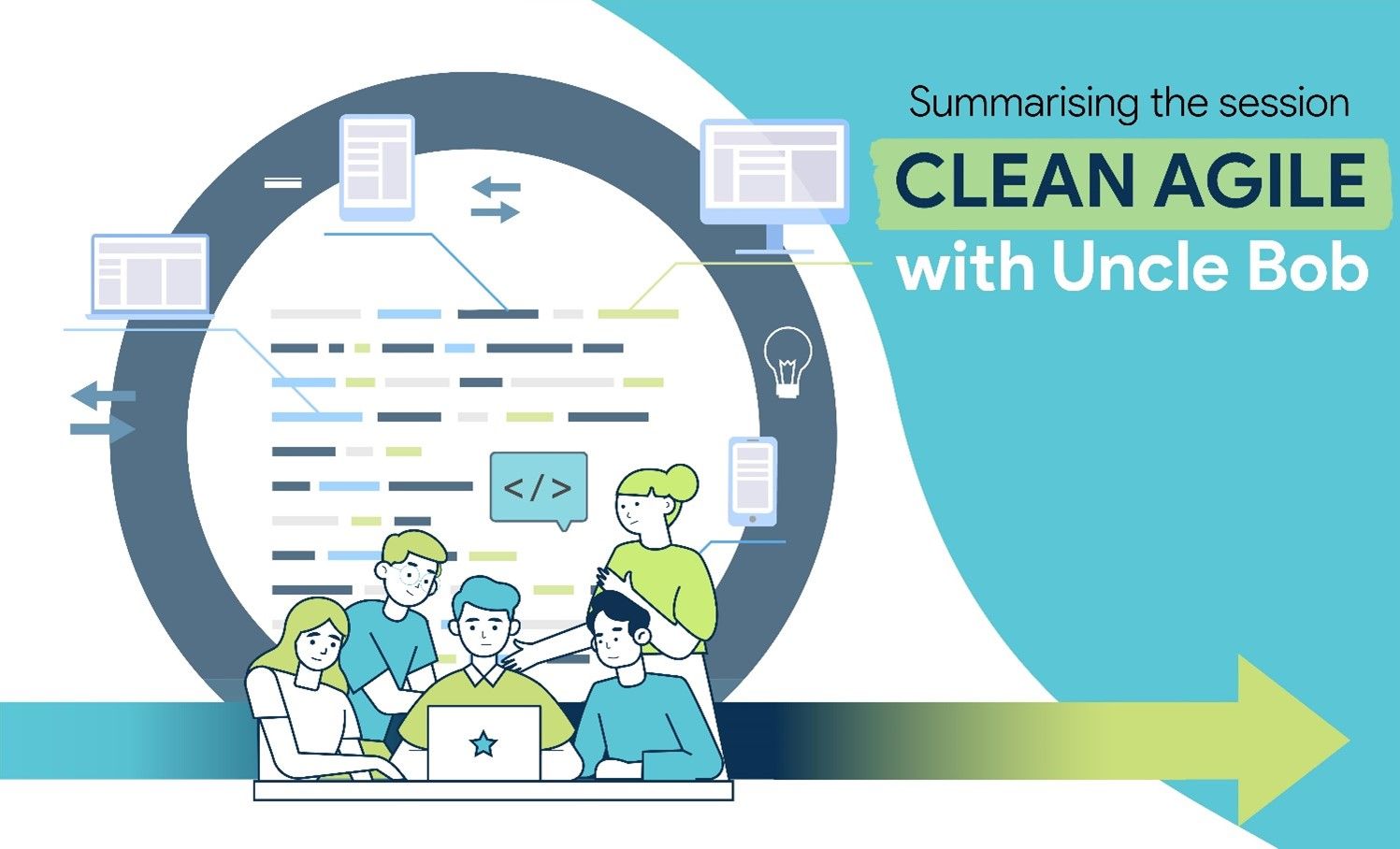
Code Tidying: The Story of a Backseat Driver
Refactoring CodeSceneLet’s embark on a thought experiment. Envision yourself as a driving virtuoso, conquering city streets with gear shifts smoother than a buttered dolphin on a rainbow.
Co-founder and Software Craftsperson at Incubyte
A tech evangelist and mentor, Sapan has been fuelled by two things in his 15+ year professional career; coffee and his love of designing self-motivated, high-performing and passionate software engineering teams. Being a software craftsperson at heart, he has created and coached teams of over 500 software developers spread across the US and India with the sole objective of forging exceptional software products with an unfettered focus on quality.

Let’s embark on a thought experiment. Envision yourself as a driving virtuoso, conquering city streets with gear shifts smoother than a buttered dolphin on a rainbow.

This blog discusses different levels of productivity along with common pitfalls and different ways to optimize them.

It turns out that most of a developer’s tasks end up being tactical activities, such as adding a text box here, adding a checkbox there, fixing a bug, or working with an outage.

Choosing a direction when redefining your organization’s technical backbone is never easy.

Clean Agile Summary Clean Agile is a book by Rober C.

I recently came across Simple Sabotage Field Manual. What struck me was you do not need bombs and explosives to start sabotaging.

Are you a software developer? How can you be more effective on this journey of being a craftsperson?

The Checklist Manifesto by Atul Gawande, walks us through the benefits of the humble checklist.

Books are a massive source of knowledge. Before we list all the books here, we want to discuss why we think it’s essential for programmers to read them.

Open-source software (OSS) is the holy grail for developers. It is a hub of innovation through intense collaboration in this era of agile software development.

Ever saw SonarQube laden with thousands of maintainability and security issues?

On multiple occasions, I have worked on projects where I learned how critical testing is and that not all tests are the same.

Most projects that I see facing serious problems lack tests. You should write tests for two things

Learning is the most vital part of a software developer’s life.

Once again, you would think that the software development community has moved past this point, but I still get many teammates who want to “save memory” using HashMaps instead of POJOs.

Once I was asked in an interview (I was the interviewer!

Have you ever seen code in your module, which was so complex that you decided to copy and paste it entirely rather than changing it to accommodate your requirement?

Enough ink is already spilled on this topic, nevertheless talking about it once again may not hurt.